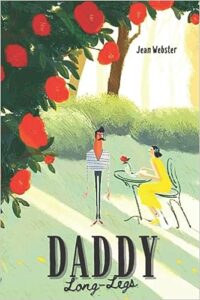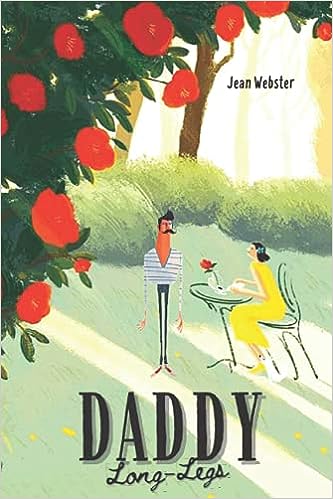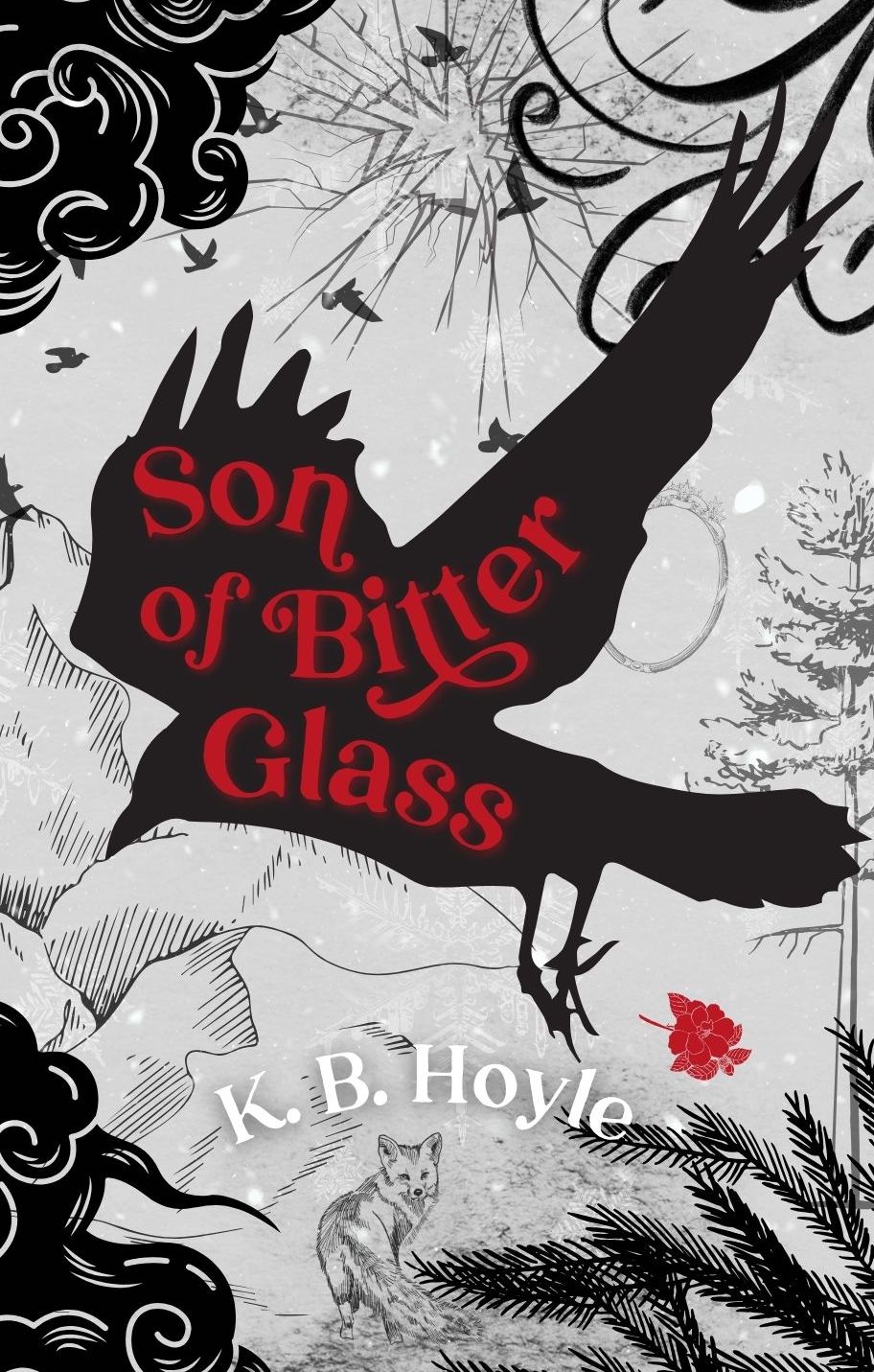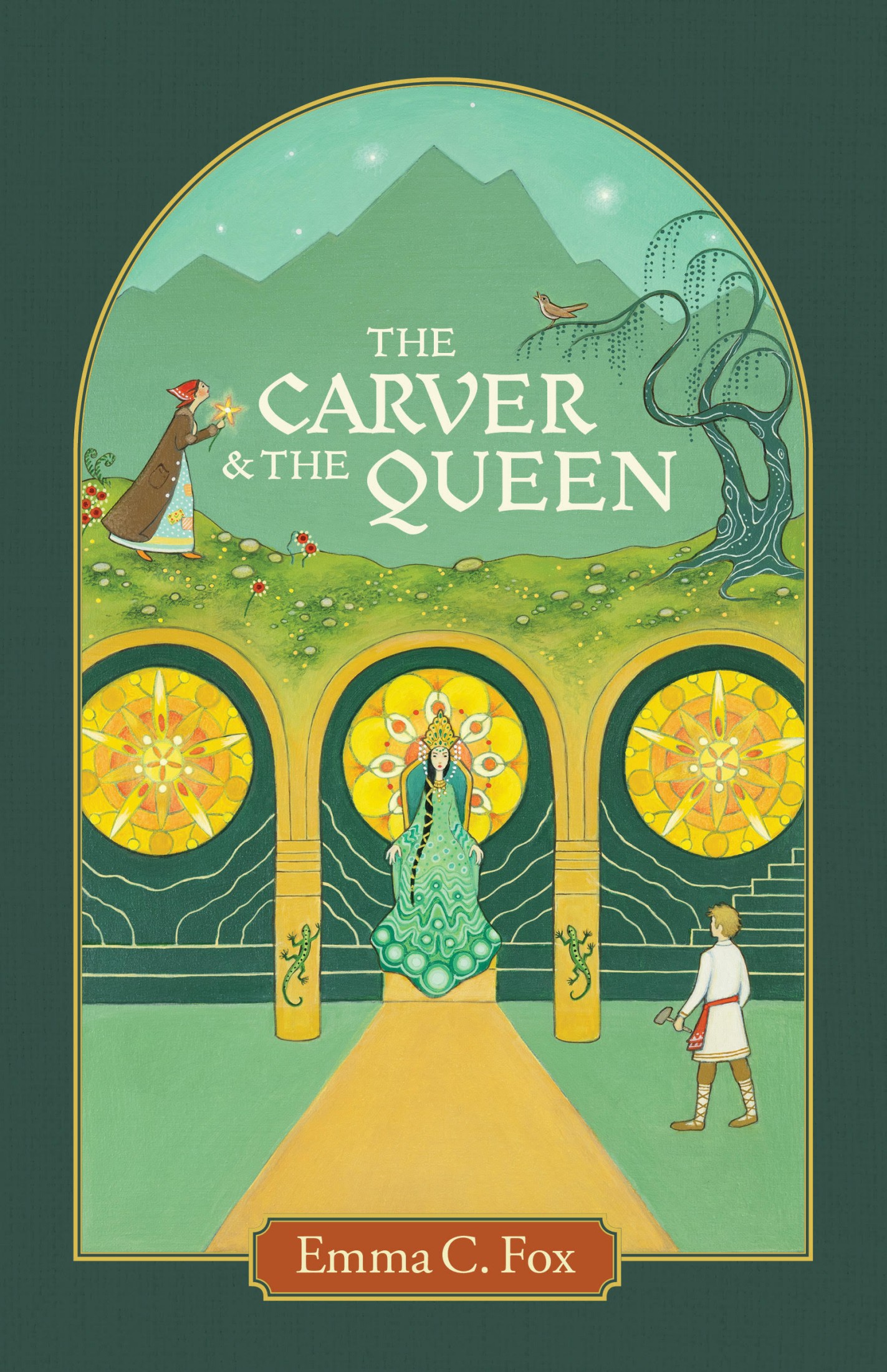

A friend came to visit me and my sister for a week this summer. We spent many hours listening to The Book Pile podcast, watching Cinema Therapy videos, and discussing music, literature, and the arts. Sydney introduced me to the musical Daddy Long Legs while she was here and I have not been able to stop listening to the distinctively creative songs! The story line is quite interesting and makes for some hilarious lines in the music, but also some very touching character developments. Musicals uniquely convey stories, and I think I’ve found one of my newest favorites in Daddy Long Legs.
You might be confused at this point, dear reader. Did I not title this blog a book review? Indeed I did! Daddy Long Legs was a book before it was a musical. I’m here to tell you to add it to your shelf of classics and give it a read because it is well worth the time.
The oldest orphan in the John Greer Home
This book follows the letters of one Jerusha Abbott, the oldest orphan still residing in the John Greer Home. A benefactor who happens to be a trustee of the Home anonymously sponsors Jerusha and pays for her to attend college. However, there is one condition to this wonderful opportunity: Jerusha must write letters to her benefactor every month describing how her studies are going.
Books written in journal or letter format are like every other book on the planet: some are good, some are bad, and some are really awful. This is one of those good books full of interesting letters (and even a few very rough sketches) that bring a smile and make you laugh. There is a certain homey and comforting feeling that comes with letters. Jerusha, fascinated with a world she has not encountered before, sheds a reflective new light on college and the beauty of life. The story, though technically old-fashioned and quaint, is nonetheless enjoyable.
Jerusha’s story was written (and therefore probably set in) 1912. There is no political setting that is ever noted, though we get a fairly close look at the philosophies of the day. If you want to know what is coming next in the world, step into a college psychology or history class (or peruse the youth and junior fiction sections of the library). Darwinianism, socialism, and similar “isms” pop up in Jerusha’s letters.
The one downside to this lovely little novel is Jerusha’s quick embracing of everything except religiosity. Understandably, she has little discernment as she was not taught to be discerning in the John Greer Home. This usually and quite naturally leads to unhindered acceptance of whatever doctrine is presented to the listener. Jerusha is a sponge waiting to soak up everything new when she enters college, and she does just that. However, these somewhat wild and pagan doctrines are not the focus of the book. Though mentioned at times, this is not a novel written to convince you of Darwinian evolution. Though I was also frustrated with Jerusha’s near disdain for Christianity and impious prayer life, deconversion is also not a goal of this book. Religion and its implications really having no bearing on this story (though I wish it did).
Aside from this, it is entirely refreshing to spend time learning and growing with Jerusha. She writes with unique perspective due to her uncommon and even uncultured background. There is lots of laughter, but also tears and frustration, even anger at times. Within Jerusha’s journals, we come up close and see the inner workings of the human heart: its passions and woes, its irregularities and inconsistencies, its beauty and sinfulness. Complete, open honesty is a delicate balance that varies with every single character. But honesty from Jerusha is inviting, cozy, and entirely enjoyable!
The story itself has a unique plot. I made the mistake of listening to the entire musical before reading the book which prevented me from fully enjoying most of the surprises and twists in the novel. Could I have predicted it, figured it out, seen the plot twist? Perhaps, or perhaps not. That aside, it’s well-developed and well-written. It feels long at times, but that is for good reason. It is realistic in that way, Jerusha has four full years at college and some things simply do not occur (or do not finish) until we are done with school. Patience with a story and its writer brings about great satisfaction when the ending is finally reached.
To read or not to read?
I heartily recommend this journal-style novel to all young ladies! I would suggest it for upper grades primarily due to the fact that Jerusha is in college and the story line may simply be more interesting to older girls. But women of all ages could truly enjoy this novel! I drank it up slowly at first, but once I got about halfway, I could no longer put it down! Once you read the book (and hopefully enjoy it), you’ll have to listen to the musical or watch it on Amazon. It is well worth your time.
I dare say we could all use a little more good, old-fashioned literature in our lives.
Until next time, go read a good book!
![]()




